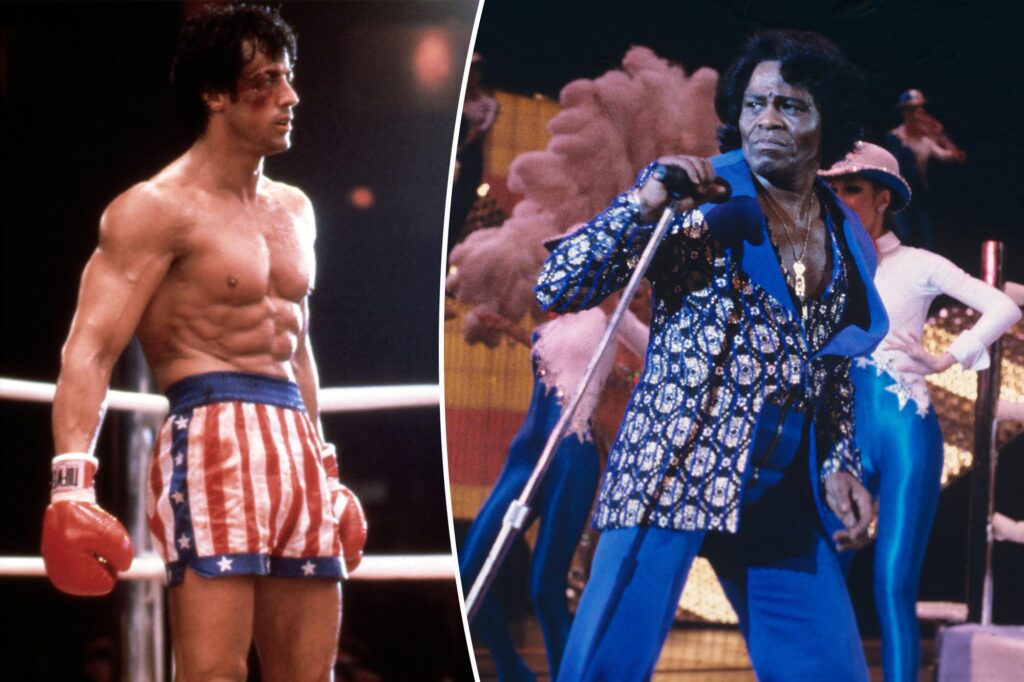After a great run of hits from the ’60s into the ’70s — including such classics as 1965’s “Papa’s Got a Brand New Bag,” 1966’s “It’s a Man’s Man’s World,” 1970’s “Super Bad” and 1974’s “The Payback” — James Brown’s recording career was decimated by the disco explosion in the mid-’70s.
“Such an interesting time, especially in New York, there’s everything happening,” says Mick Jagger in the new four-part A&E documentary “James Brown: Say It Loud,” which the Rolling Stone executive-produced with Ahmir “Questlove” Thompson.
“You’ve got punk happening, disco happening, all getting mixed up. A lot of other people were sort of left behind in this, ’cause this is a huge change, a sea change, in the musical scene.”
And Part 3 of “Say It Loud” — which premieres tonight, along with Part 4 — reveals that Brown was “annoyed” about how much disco borrowed from his blueprint.
“I’m the one who started disco,” says the Godfather of Soul in the doc. “Disco is really the vamp of a soul record.”
As the ’80s began, Brown struggled to make hits. His record company had cut back on his budget, and he was having major tax problems.
But Soul Brother No. 1 got his groove back by bringing his funk to film.
After his buzzy appearance as a preacher in 1980’s “The Blues Brothers,” the late legend got an even bigger boost when Sylvester Stallone asked Brown to record a song for 1985’s “Rocky IV.”
“Living in America” eventually hit No. 4 on the Billboard Hot 100 and won Brown his second Grammy — for Best Male R&B Vocal Performance — in 1987.
“When ‘Living in America’ was released, it changed James Brown’s career at that point, ’cause he hadn’t had a big record in quite some time,” says his former manager Jack Bart in “Say It Loud.” “His money went up, his popularity went up. And James Brown was in heaven again.”
Ironically, Brown’s last Top 10 single — which was produced and co-written by disco star Dan Hartman (“Relight My Fire,” “Instant Replay”) — found him reclaiming the ’70s dance sound.
“It’s almost like the Village People. That’s really what it sounds like,” says Dr. Jason King, dean of USC Thornton School of Music. “It sounds like ‘YMCA’ or ‘Macho Man’ or something like that. But it just works.”
It was a big payback for Brown after countless acts had stolen from him, as Questlove notes: “James Brown’s genius sort of got used and eaten up and borrowed by every other band.”

